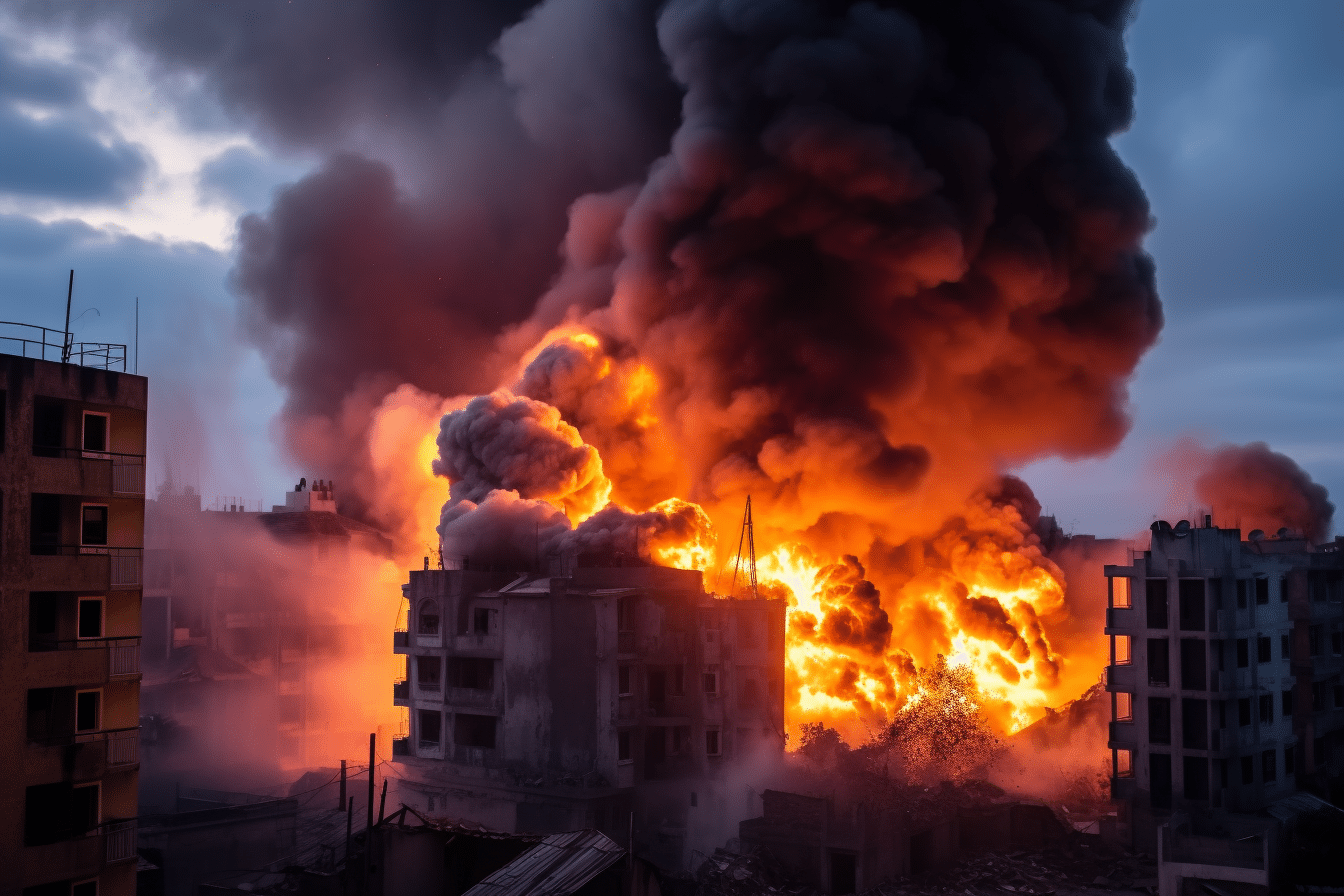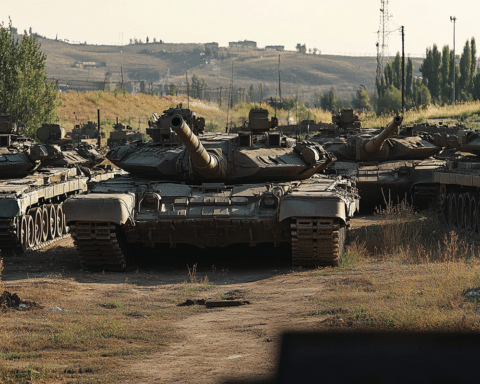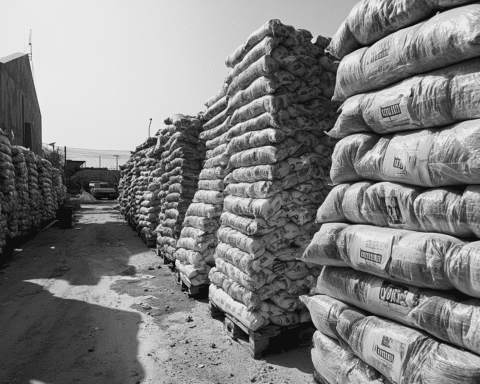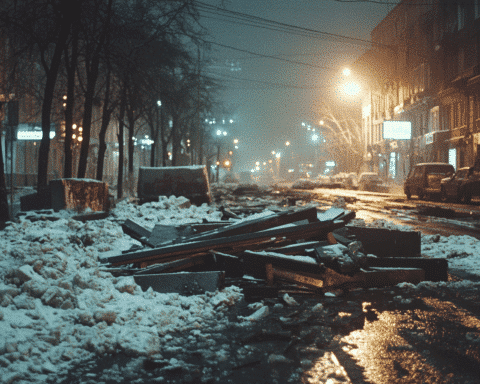In a significant escalation, Israeli military action intensified in Gaza City, targeting what Israel claims to be Hamas command centers. The fighting, perilously close to a major hospital sheltering thousands of Palestinians, raises international alarm. With a potential three-day cease-fire on the table, mediators strive to negotiate the release of hostages and the provision of essential supplies to the beleaguered Gaza population.
The Israeli offensive has surged, relentlessly bombarding Gaza City, as ground forces engage Hamas militants. Central to the conflict is the Shifa Hospital complex, which Israel asserts houses Hamas’ central command center—a claim fiercely contested by hospital staff and the militant group.
The plight of around 240 Israeli hostages held by Hamas has become a focal point, with Prime Minister Benjamin Netanyahu insisting on their release as a cease-fire condition. These developments come against the backdrop of a possible humanitarian truce brokered by the United States, Egypt, and Qatar, aiming to alleviate the dire circumstances in Gaza by allowing essential supplies.
On the diplomatic front, Western and Arab officials convened in Paris to explore avenues for escalating aid, echoing the G7’s call for humanitarian pauses and unobstructed aid delivery.
The Israeli Foreign Minister Eli Cohen, cautious about the ongoing delicate negotiations for a cease-fire, refrains from details. At the same time, Mohammed Abu Selmia, director of Shifa Hospital, paints a grim picture of the situation, with the facility under strain from the influx of casualties and the scarcity of medical supplies.
The conditions in Gaza continue to deteriorate, with shortages of water, food, and medical supplies. The escalation has propelled a mass exodus from the North to the relatively safer South, although the South, too, reels under the war’s impact.
As international efforts intensify to broker peace and provide relief, the citizens of Gaza City find themselves caught between the anvil of Israeli strikes and the hammer of Hamas’ resistance. The unfolding humanitarian crisis underscores the urgent need for a sustainable resolution that addresses the region’s immediate needs and long-term stability.




